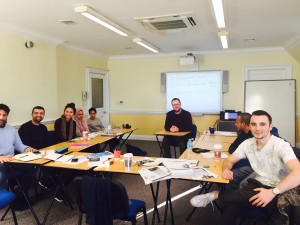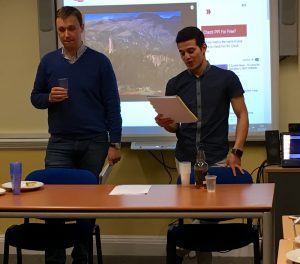As part of a Combined English language course, a group of 14 Chinese students from Beijing have worked on an excerpt of the play, The Curious Savage. Working alongside ELA-Edinburgh teachers and a drama workshop facilitator, their one hour daily classes were dedicated to learning the terminology and skills associated with stage theatre and performing drama. Performance skills were integrated into our workshops, with each rehearsal beginning with a physical warm up, working on use of the body, channeling energy and increasing vocal volume in anticipation of performing in a large space.
The Curious Savage, by John Patrick, set and premiered in 1950’s America, takes place in a residential sanatorium named The Cloisters, a home to several of the play’s characters. Mrs Ethel P. Savage, the centre of the storyline, is taken to home by her step-children. They think she has lost her mind, having used her late husband’s money to set up a memorial trust fund, rather than share the wealth amongst the children.

The excerpt our students worked on charts the arrival of Mrs Savage to an already established group of residents at The Cloisters, showing them encountering one another for the first time. We also meet her family, whom she clearly dislikes, and the ever-patient and caring staff who work at The Cloisters.
In the first week of classes, students learnt about theatre vocabulary, and the language of the text. At times, this was a challenge, as its context is in colloquial 1950’s America.
The following classes were dedicated to performance techniques and practising short scenes. We used a text excerpt allowing the students to work in small groups, rotating the roles they played and really getting to grips with reading aloud from scripts. Based on the group work, the play was cast, and students given their parts. Work continued, including working on ‘blocking scenes’, where we collaborated in working out where set items will be positioned, where characters are on the stage when they deliver their lines, and general movement of the scenes.
After five weeks of morning English classes, afternoon drama classes, rehearsals, poetry and singing, the students have a challenge ahead as they take all of this back to China to perform. The theatre practice will continue, with their lines and set design, without the help of our teachers.
They will be required to learn their lines and work together to stage the piece without the help of ELA-Edinburgh staff. The final sessions with the students were focused on ensuring that each student felt confident in their own part, and with grasping vocabulary and pronunciation.
We wish them all the best!
For more information about our school, check out our website ELA-Edinburgh
Follow us on Facebook, Twitter and Instagram






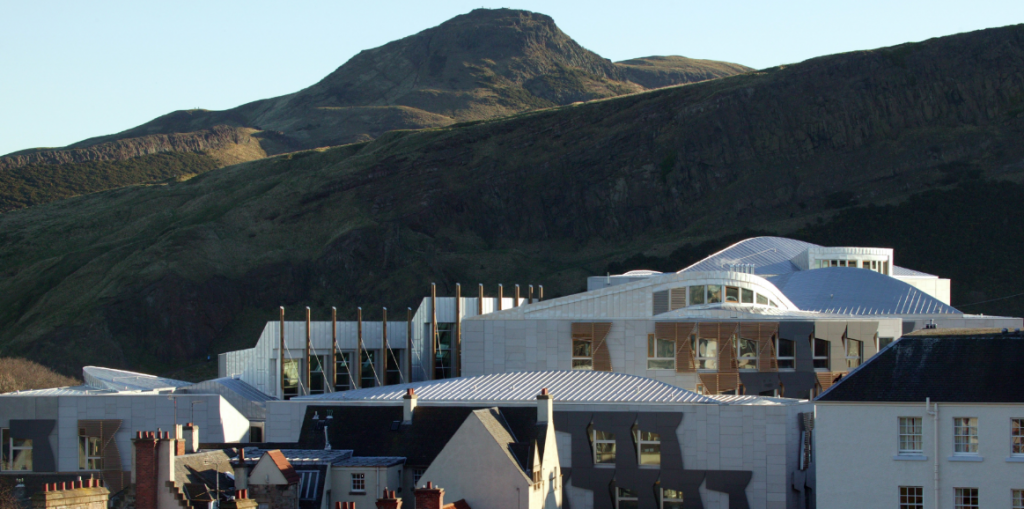


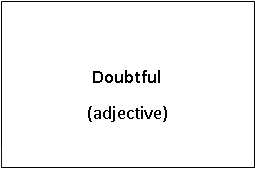
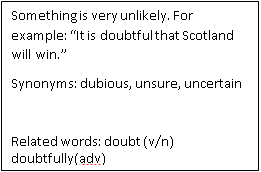


 Viewed like this the word has three clear parts; the prefix, the stem (or route) and the suffix. If we remember that ‘able’ refers to ability and that ‘un’ is a general prefix to make something negative, we can guess that unimaginable means impossible to imagine. This technique is particularly useful for speakers of other European languages.
Viewed like this the word has three clear parts; the prefix, the stem (or route) and the suffix. If we remember that ‘able’ refers to ability and that ‘un’ is a general prefix to make something negative, we can guess that unimaginable means impossible to imagine. This technique is particularly useful for speakers of other European languages.


